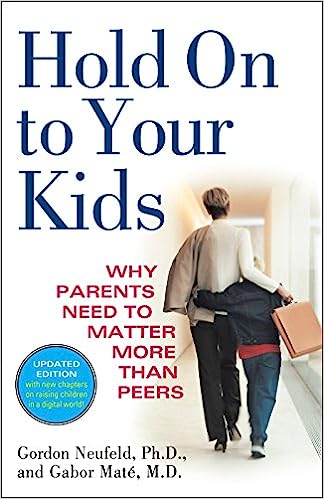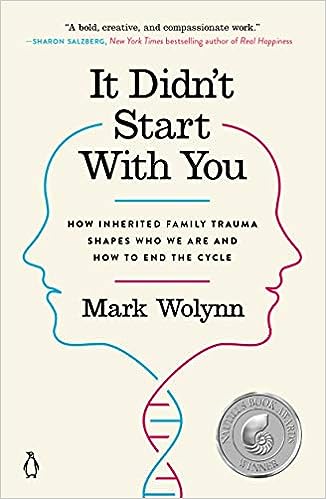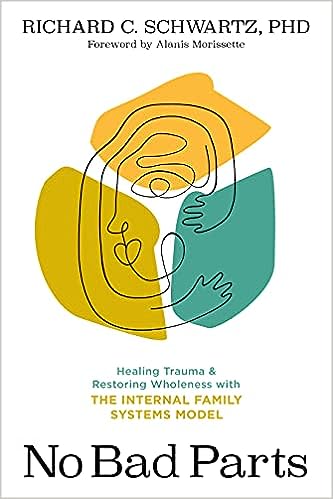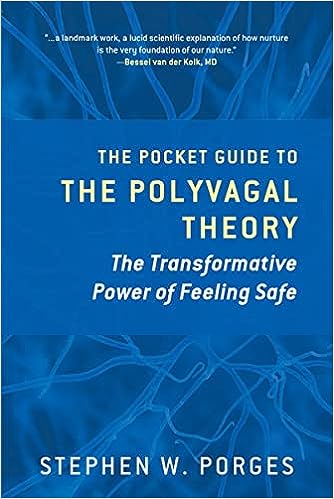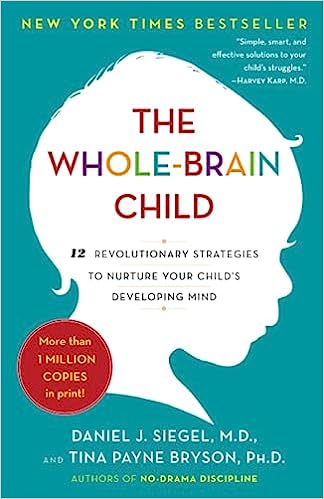Attachment Theory
The following are a few books we have found that help explain the attachment theory of developmental trauma and its relation to addiction and recovery.
Hold On To Your Kids
“Hold On to Your Kids: Why Parents Need to Matter More Than Peers” is our first choice for anyone in recovery with young kids or thinking of starting a family.
It explores the shift in today’s society where children are being influenced more by their peers than their parents.
The book highlights the dangers of this trend and gives parents practical strategies to reclaim their rightful place in their children’s lives. It emphasizes the importance of strong parent-child connections in helping kids navigate through life’s challenges.
A must-read for parents, it offers a roadmap to restore family bonds and foster healthier relationships.
“Children are not meant to be our puppets or parrots, but they are meant to be our disciples. Our influence is meant to wane later, not sooner, but wane it will without the right conditions.”
Details
- Original Date of Publication: January 1, 2004
- Author: Dr. Gabor Maté and Gordon Neufeld
- Number of Pages: 292
It didn't start with you
“It Didn’t Start with You: How Inherited Family Trauma Shapes Who We Are and How to End the Cycle” by Mark Wolynn is an exploration of how trauma can be passed down through generations.
This book gets deep into the world of inherited family trauma, looking at how our life can be influenced by past generations’ experiences.
Wolynn combines science and real-life stories to explain this complex concept. He provides a practical guide to understanding and breaking the cycle of inherited trauma, leading readers towards healing and emotional freedom.
“Remember, the past is alive in the present. It’s alive in the form of an image, sensation, feeling or thought that’s stuck in your body.”
Details
- Original Date of Publication: April 26, 2016
- Author: Mark Wolynn
- Number of Pages: 256
No bad Parts
“No Bad Parts: Healing Trauma and Restoring Wholeness with the Internal Family Systems Model” is a transformative work by Dr. Richard Schwartz.
The book introduces the Internal Family Systems (IFS) model, a therapeutic approach that sees the mind as made up of different subpersonalities or ‘parts.’
Schwartz suggests that healing occurs when we understand and accept all these parts, even those that carry painful memories or emotions. This book provides a roadmap for people seeking to navigate their internal world, fostering self-understanding, acceptance, and wholeness.
“When you invite in and get to know even the most extreme parts of you with open curiosity and compassion, they change in remarkable ways. And so do you.”
- Original Date of Publication: January 26, 2021
- Author: Dr. Richard Schwartz
- Number of Pages: 360
The Polyvagal Theory
“The Polyvagal Theory: Neurophysiological Foundations of Emotions, Attachment, Communication, and Self-regulation” by Stephen W. Porges explains the vital role of the vagus nerve in influencing human experiences.
This book expands our understanding of how the nervous system impacts our emotions, communication, and capacity for connection. It offers valuable insights for therapists, clinicians, and anyone interested in the mind-body connection.
A must read in our opinion.
“The mechanisms mediating the behavioral and physiological features associated with psychiatric disorders, trauma, and stress-related diseases involve the body’s attempt to regulate the defensive strategies of mobilization and immobilization.”
Details
- Original Date of Publication: April 25, 2011
- Author: Stephen W. Porges
- Number of Pages: 347
The Whole-Brain Child
“The Whole-Brain Child: 12 Revolutionary Strategies to Nurture Your Child’s Developing Mind” by Dr. Daniel J. Siegel and Tina Payne Bryson is a guide to understanding children’s minds.
The authors take complex neuroscience concepts and translate them into practical parenting strategies.
The book provides insight into how a child’s brain develops and offers ways to cultivate emotional intelligence and resilience. For parents, teachers, and anyone involved with children, this book offers great tools to help children lead balanced, meaningful, and connected lives.
“Integration is the key mechanism beneath both the harmony of health and the disarray of chaos.”
Details
- Original Date of Publication: October 4, 2011
- Author: Dr. Daniel J. Siegel and Tina Payne Bryson
- Number of Pages: 176
Contact Us
We’re here for you every step of the way towards a healthier and more fulfilling life. Contact us today for personalized guidance, support, and to learn more about our services.
Open Hours
M-F: 8AM – 9PM EST
Sat: 3PM – 7PM EST
Sun: 8AM – 7PM EST

